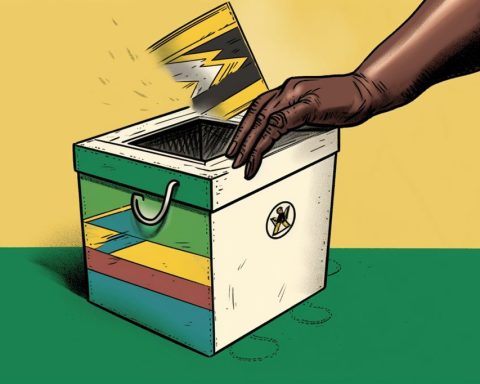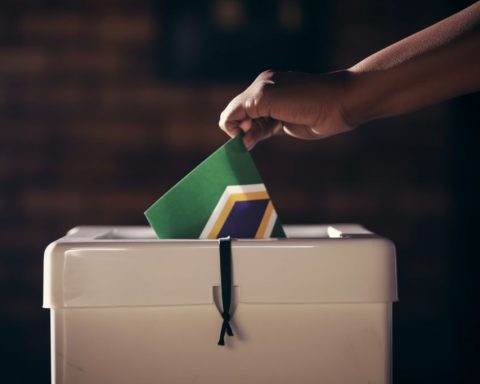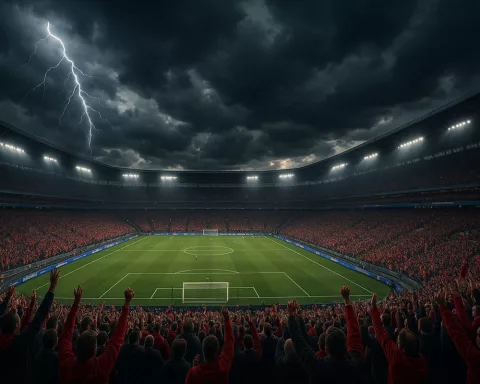On June 28, 2023, ten municipal by-elections will take place in Gauteng, KwaZulu-Natal, Mpumalanga, and the Western Cape provinces, with almost 100,000 registered voters expected to participate. These by-elections are a vital opportunity for citizens to influence local governance and policies.
Candidate Overview
The elections will feature 54 candidates from 18 political parties and five independent candidates vying for crucial positions. Some of the parties represented include the African National Congress (ANC), Democratic Alliance (DA), Economic Freedom Fighters (EFF), and Inkatha Freedom Party (IFP).
Contested Wards
In the City of Johannesburg Municipality, Ward 07 is being contested by independent candidate Amelia Ann Naude and candidates from eight political parties, such as the ANC, DA, and IFP. Meanwhile, the City of Tshwane Municipality’s Ward 83 features seven candidates representing various parties, including the ANC, DA, EFF, and Organic Humanity Movement (OHM).
In KwaZulu-Natal, EThekwini Municipality’s Ward 11 is being contested by six candidates, including representatives from the ANC, DA, EFF, and Patriotic Alliance (PA). Additionally, three wards in the iNkosi Langalibalele Municipality will witness electoral contests, with representatives from various parties such as ANC, EFF, IFP, and United Cultural Movement (UCM) vying for seats.
In Mpumalanga, Mkhondo Municipality’s Ward 12 is being contested by an independent candidate and three other candidates representing the ANC, EFF, and IFP. Steven Tshwete Municipality’s Ward 14 features four candidates representing the ANC, DA, EFF, and Middleburg and Hendrina Residents Front. Finally, the Western Cape’s City of Cape Town Municipality’s Ward 107 sees five candidates competing for the position, including the ANC, Cape Independence Party, DA, EFF, and The Organic Humanity Movement.
Importance of Local Governance
These by-elections provide an opportunity for candidates to address local concerns and demonstrate their dedication to improving their constituents’ lives. As voters prepare to cast their ballots, they should consider the impact of their choices on the overall direction of their municipalities and the potential for positive change.
It is essential for citizens to actively participate in these elections, as they play a crucial role in shaping the future of their communities. With voting stations opening from 7 am to 9 pm (except for Alfred Duma Municipality, which will close at 7 pm), voters have ample time to make their voices heard.
As citizens head to the polls, they hold the power to shape their communities’ future and ensure their local governments remain attentive and responsive to their needs. The wide range of candidates representing diverse political stances and ideologies means that these municipal by-elections are poised to significantly influence the political landscape of their respective provinces.












